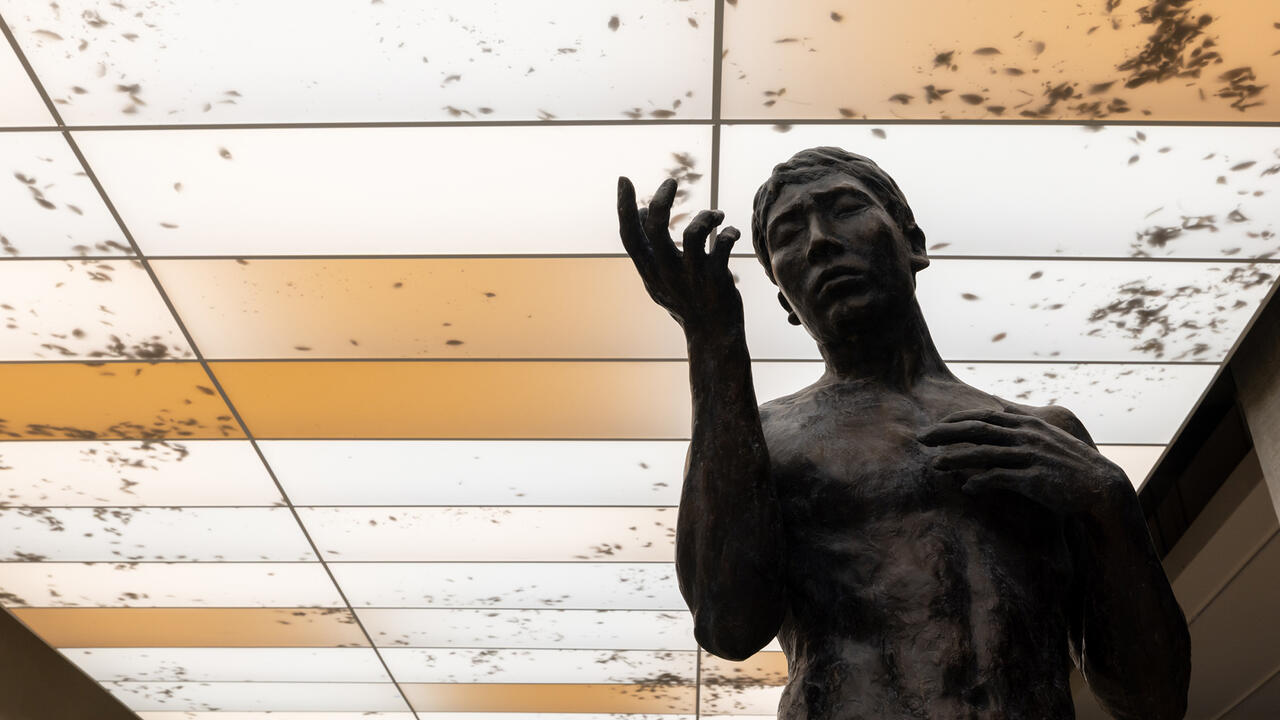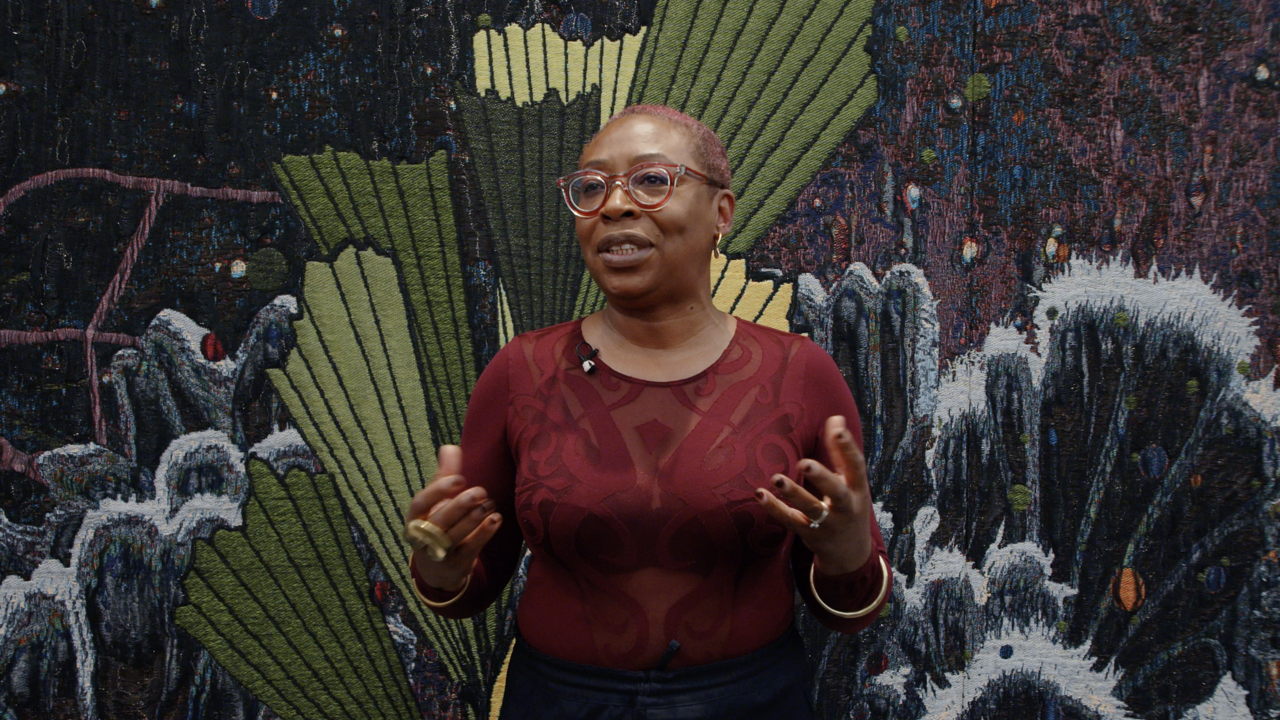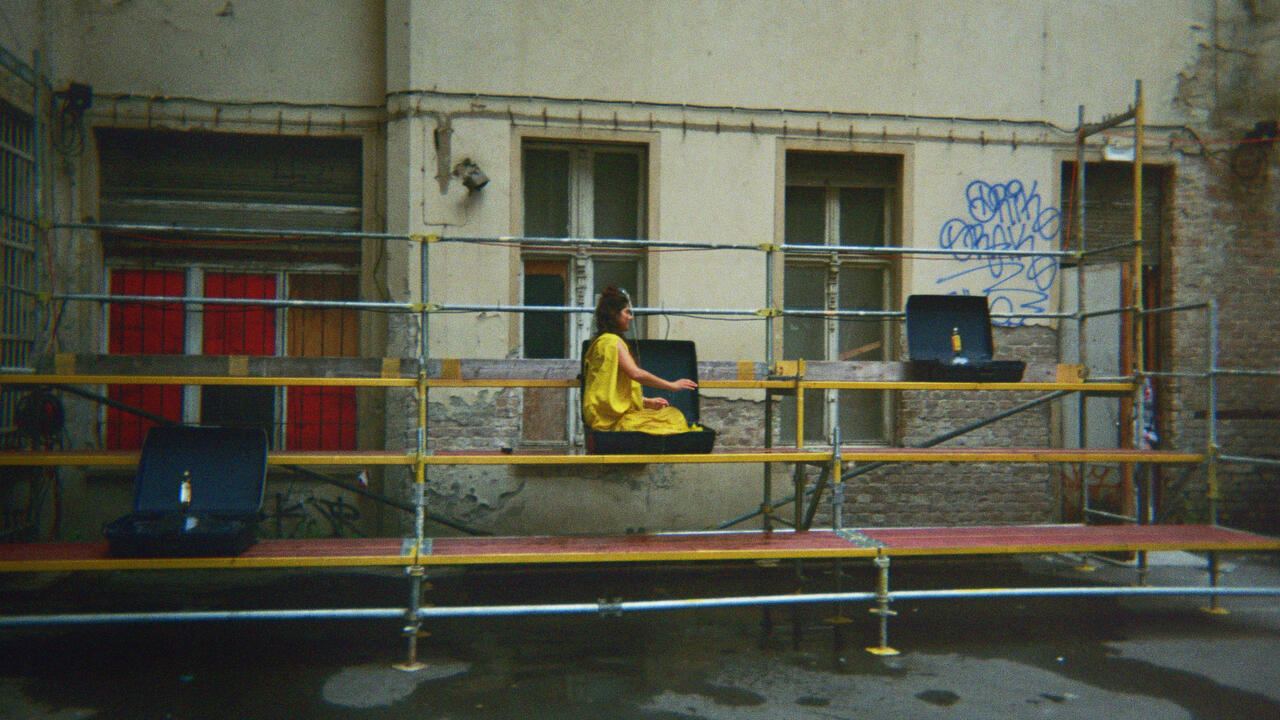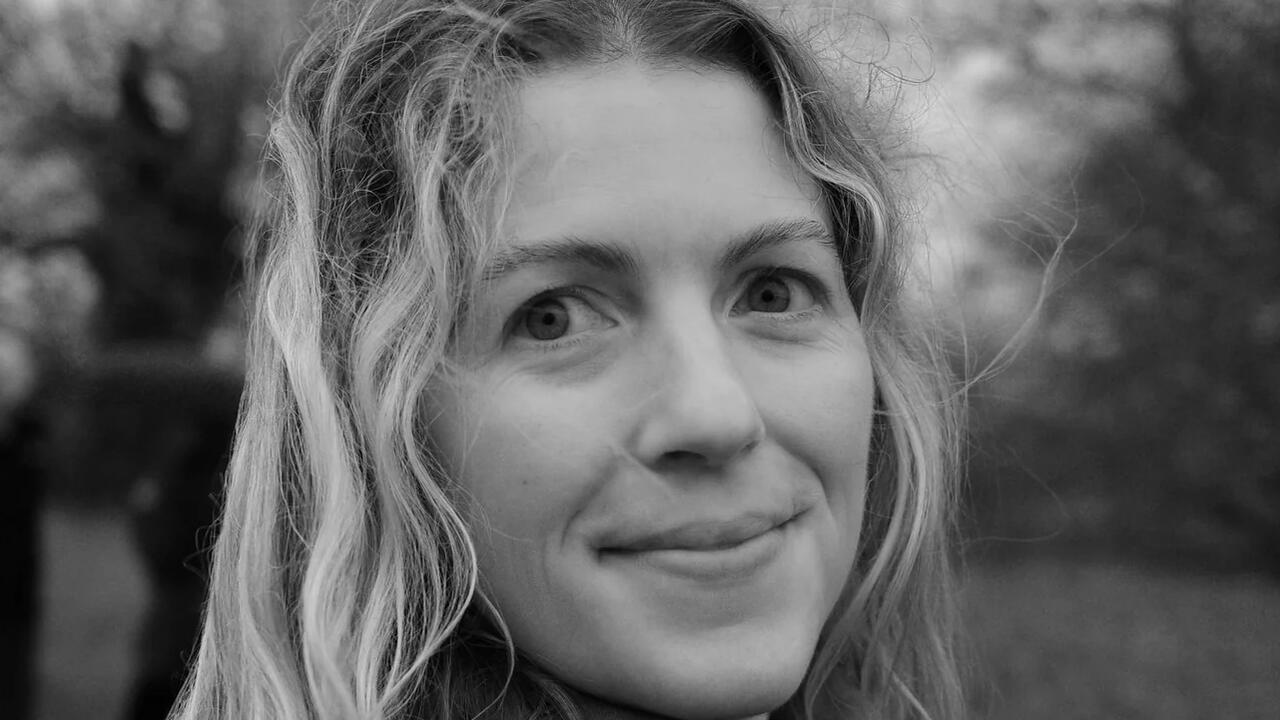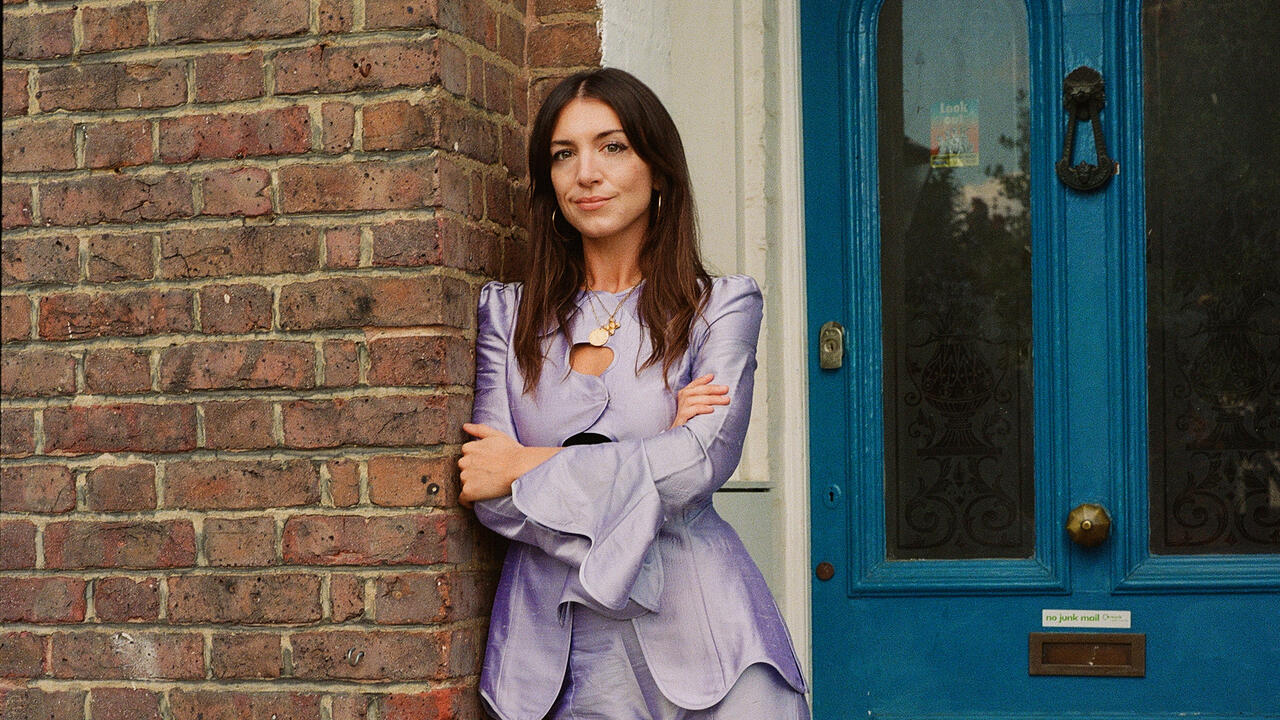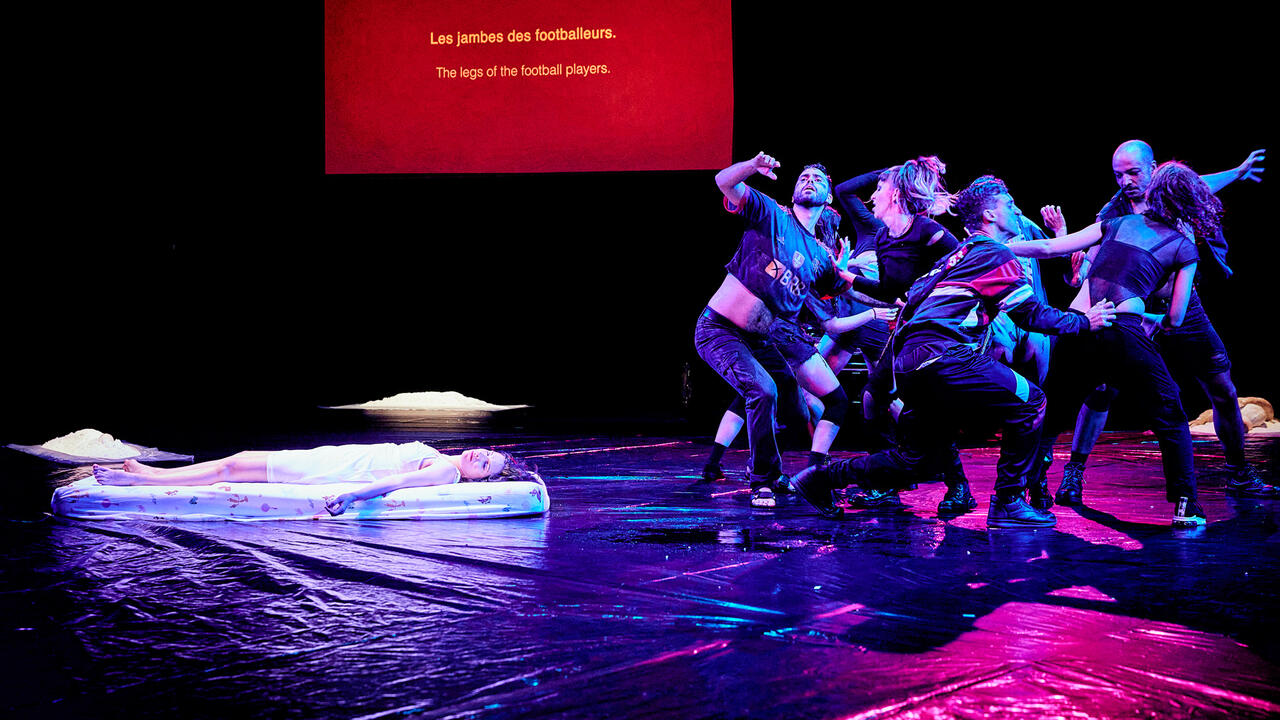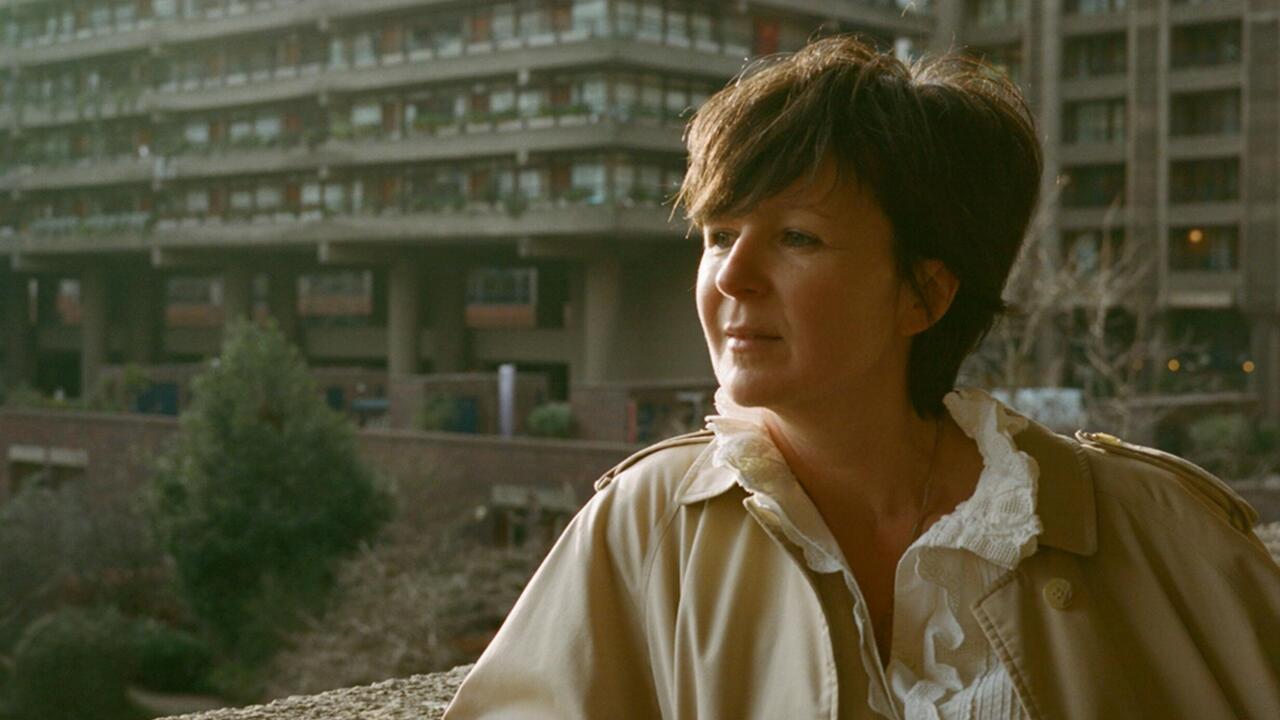Au Contraire
Personal, vexing, intimate and profound: some reflections on Brexit
Personal, vexing, intimate and profound: some reflections on Brexit

I was supposed to spend the day working on an essay about the poet John Donne. You may read or hear his name today, for it was Donne who wrote: ‘No man is an island entire of itself; every man is a piece of the continent, a part of the main.’ It’s just a few hours since I heard Britain – England and Wales at any rate: the Scots have other ideas – has voted to leave the EU, and already I’ve switched off radio and TV, closed the browser windows where a chaotic circus of resignations, recriminations, vulgar triumph and catastrophist panic will play out now for weeks, months, years to come. I doubt I’ll be alone, among fellow immigrants or my native British friends, in feeling quite abstracted from politics and the press – in feeling rather, that this is personal, vexing, intimate and profound.
As it will have done for many, the news came as an early-morning text, followed by an anxious exchange whose undercurrent was: where do you and I, newly reminded of our outsider status, run to now?
For some reason I thought straight away of Samuel Beckett: elective exile from Ireland, fleeting resident of London, wartime hero in France, lifelong lover alike of the languages of Dante and the King James Bible. I took to Twitter and in a fit of pique posted the famous exchange between the writer and a Parisian journalist; on being asked ‘Vous êtes anglais?’ Beckett replied ‘Au contraire.’ As an Irish person, as an Irish writer, living in England it is often too easy jokily to suggest to one’s long-term hosts that a cultural and political relay exists between Ireland and the continent, a current of thought and creativity that conveniently bypasses and ignores the historically slumping, self-involved little island that is Britain. It won’t do, this attitude, and really we have never meant it, because in truth – as Canadian, Australian and American friends said too in the days before the referendum – the United Kingdom has been our gateway to Europe, and we hardly make (I refuse to say made) the distinction any more.
Like many writers, artists, musicians and academics, I was raised on a diet of English Europhilia. It’s in our blood, this radical, enchanted, sometimes cheeky appreciation for the continent that we found among the English, at all levels of class and culture. My first literary hero was Oscar Wilde, a Dubliner at the heart of London society whose elegant task it was to amuse the English into admitting they wanted to be French: better dressed, wittier, less worried about sex and morality. David Bowie, my first musical love, led me like so many others straight to Jean Genet, Jacques Brel and German Expressionism. As a teenager, I knew that northern industrial English cities such as Manchester and Sheffield were secretly running on energy from Berlin and Dusseldorf – thanks to the music of Joy Division and Cabaret Voltaire. Filmmakers like Derek Jarman and Peter Greenaway seemed at once quintessentially English and attuned to baroque, seductive, salacious currents of European art. And when I got to university in Dublin, there was the intellectual ferment around thinkers such as Barthes, Derrida, Kristeva, Cixous – none of it would have been possible without the outward-looking example of British academics, publishers, institutions. In the mid 1990s, when the chance came to move to a university in the south-east of England, it seemed the most natural thing in the world to live on the edges – geographical, political, intellectual, emotional – of both Britain and Europe.
I hardly need add, given where these words will appear, that being involved with the art world in the past couple of decades has seemed – even if at times too comfortably – like a vindication of my youthful faith in contemporary British internationalism.
I’ve lived almost half my life in England now, in a succession of provincial towns where economic crisis and the growing – that is, in large part fomented – hostility to immigrants and to Europe has been starkly in evidence. (Though I spent years hardly noticing the way things were going, because although most of my friends were ‘foreign’, we were all educated and privileged enough not to be affected.) I’ve lived among the settled English middle classes who, whatever the shifting political weather or their attitudes to the EU, probably did not think this day would really come. I’ve lived among recent migrants from Eastern Europe and the English working class, in a decayed seaside town where they were equally neglected and very differently vulnerable to the predatory arrival of UKIP. I’m writing this in the warm shadow of a Norman cathedral, round the corner from Huguenot almshouses and Polish shops, a 20-minutes train ride from a Eurostar terminal, half an hour from central London. I’m in England, and I’m in Europe, still.
Two days ago, some colleagues and I from the Royal College of Art met our students in Brixton, South London, and boarded an old Routemaster bus, bound for the Sussex Downs and then the seaside. It’s an annual excursion, a different destination each time but always to the edges (or is it the heart?) of a certain England: to somewhere that seems defiantly native and quaint but turns out always to be continentally connected, a place of escape, conflict, trade and traffic – in both, or all, directions. We stopped off at Charleston, once home of artists Vanessa Bell and Duncan Grant, thus the country seat of the entire Bloomsbury Group. The house and gardens could not be more English, nor the volunteer guides who led us round. But the stories they told? They were stories of sexual adventure, literary experiment, an artistic avant-gardism whose evidence was all around us in works of European art, in shelf upon shelf of Gallimard paperbacks, a Mallarmé collection open on the bedside table. One night, we were told, Vanessa and her sister Virginia Woolf had rushed to the end of the lane because the economist John Maynard Keynes was on his way up with a Cézanne.
Does that seem too rarefied an instance of English love for European culture? We drove on to Bexhill to see the De La Warr Pavilion, commissioned in 1934 by an aristocratic socialist mayor, designed by the Jewish German architect Erich Mendelsohn and the Russian Serge Chermayeff. (Right now, the Pavilion houses an exhibition of the work of Dutch designer, and Stedelijk Museum director, Willem Sandberg: another hero of anti-Nazi resistance.) The English practically invented the seaside, and mostly they ranged its architecture and entertainments around the south-east coast: a place of nostalgic repose, for sure, but also the place where a decidedly foreign modernity might be encountered for the first time – especially if you were poor. In its buildings, theatre and cinema, in its music and cuisine, in the brief prospect of al fresco socializing and sexual license that it conjured, the seaside resort was an image in microcosm of a fantastical, desired Europe. In the second half of the twentieth century, it seemed the British wanted it even more, and not just its superficial signs but the best of what being together could promise. And now?
I hardly know what to say to our students – people half my age, some of whom have come halfway round the world – about what this country, some misguided fraction of it at least, has just said to them, and done to them. It seems dismal or frivolous to remind them what some great, dead English poet and preacher once said to a crowd in St. Paul’s cathedral; but here is what I have to go back to, from Donne: ‘If a clod be washed away by the sea, Europe is the less, as well as if a promontory were, as well as if a manor of thy friend’s or of thine own were.’





